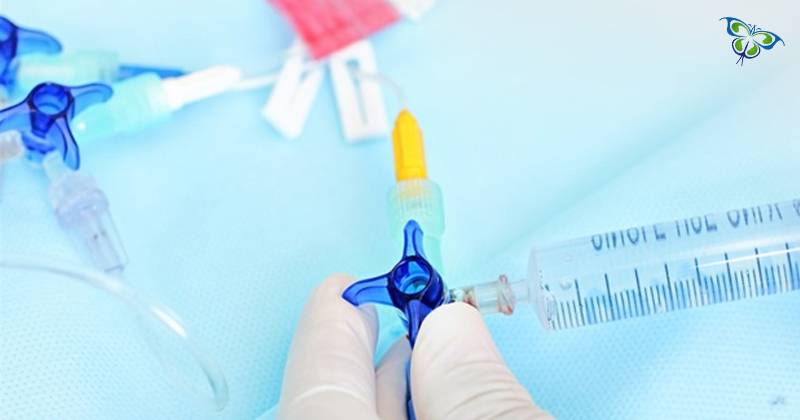
Hello
Select Address

Why is Catheter Lubrication needed?
Catheter lubrication serves the purpose of easy and painless insertion of the device through the urine path of both males and females. This helps in situations like urine incontinence and especially incomplete emptying of the bladder. Let's have a glimpse of what sort of issues are addressed by lubricants for a catheter:
• It reduces the risk of both trauma and pain during the insertion of the catheter
• The amount of friction is cut down which again cuts down on the chances of rashes and injuries
• In case the urethra or orifice is narrow, lubrication serves the purpose of dilation.
A word about your sterilized lubricants
Not only clinical catheterization but also, lubricants are needed for a comfortable "self-catheterization" experience. So, which is the lubricant that would relieve the patient of pain and discomfort (due to friction). Catheter lubricants are necessarily sterilized to greatly reduce the chances of infection. Catheterization carries the risk of UTI (Urinary Tract Infection) - chances of which are again diminished with the use of sterilized lubricants!
Which lubricant would you go for?
If you or a loved one of yours is permanently dependent on catheters choosing a high-quality variant and the right type of lubricant is a primary job. The bast-in-the-market lubricant choices are as follows:
Good to go with your chosen catheter lubricant?
When you or someone at your home needs to be on a catheter permanently, a piece of knowledge on the right procedure of insertion as well as lubrication is important. The insertion procedure needs to be meticulous. Remember these…
Beware, forcing inside the urethra could cause severe trauma and even tear of sensitive tissue!
5 Common FAQs on catheters and lubricants
Can I reuse catheters?
Catheters should never be reused! According to the FDA, intermittent catheters are suitable only for single use. This is indeed an aseptic technique to reduce the risk of UTI (urinary tract infections). To discourage the reuse of catheters, insurance companies provide catheter coverage. This move also saves them from having to end up covering higher medical costs that might crop up due to infections from catheter reuse!
Can I use petroleum jelly to lubricate my catheter?
The most common query on catheter lubrication that you come across is: Is it okay to use petroleum jelly to lubricate my catheter? The answer, unfortunately, is: NO. Two critical features of lubes that are essential are:
• It should be water-soluble
• It should be sterile.
Both these properties minimize the risk of infections and petroleum jelly is not water-soluble.
What if I am not able to follow the prescribed self-catheterization schedule?
Sticking to the catheterization schedule that has been prescribed by your healthcare professional, is the ideal thing to be done. But in case you forget and tend to run behind schedule, catheterize as soon as you remember to do so, but do not forget to first use a catheter lubricant, you will experience a more comfortable catheterization!
Is water intake related to catheter lubrication?
The answer to this query is 'no'. However, for individuals who need to catheterize intermittently, drinking water is very essential. This is because intermittent catheters are used by patients who have chronic bladder issues and drinking water can keep your urinary system in good health! Thus, drinking water is, in a way, highly recommended.
Selecting the right type of lubricant is one of the most crucial parts of intermittent catheterization. This is because, an inappropriate lube could result in skin reactions, rashes or worse still – skin infections. A thorough check of the type, its ingredients, and properties such as 'latex-free' or alcohol-free' ensures that you are free from allergies and other skin hazards too!